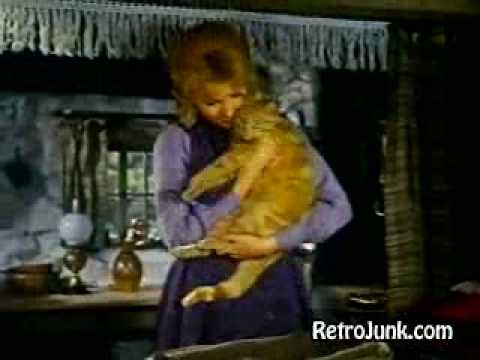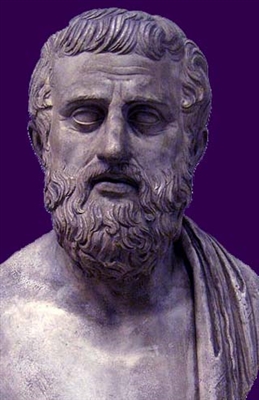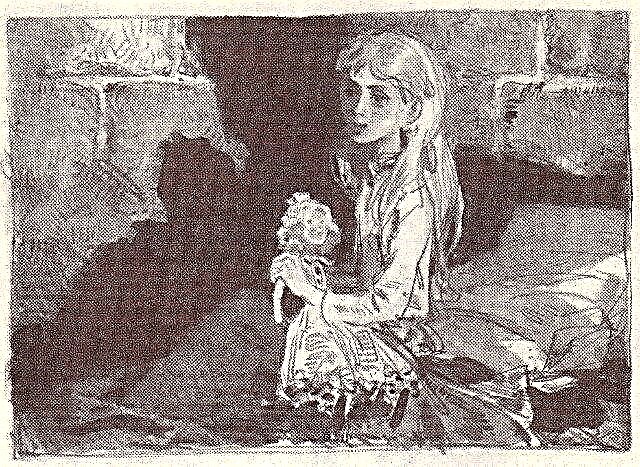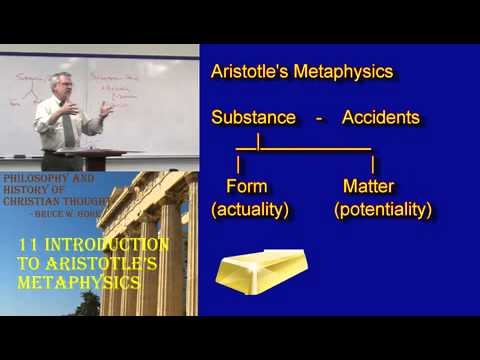The eternal theme: in the late evening, the father in alarm waits for the house of the son who has been delayed somewhere and mutters to himself under his breath that there is no greater unrest than the unrest of the parents ...
Old Mikion has no native children. His brother Demea has two sons. One of them, Aeschine, was adopted by Mikion. He brings up a young man within the framework of reasonable permissiveness and full confidence. Demea often reproaches him for this.
And just then, the son of Demea Ctesiphon falls in love with the harpist Bacchida, who so far is the property of Sannion's pimp.
The noble Aeschine, smart and energetic (though, on occasion, would not mind to gulp and have fun) severely tame this money-grubber: Sannion is clearly afraid of him. And there are reasons for this.
Moreover, in order to protect his brother from too serious reproaches, part of his sins Aeschine accepts, actually risking damage to his reputation. And this fraternal dedication is touching.
Sire, the slave of Mikion, is very loyal to the owners: helping them out in word and deed. He helped to educate both young men. By the way, the quick-witted Syr takes an active part in the “taming” of the self-serving covetous Sannion.
And again - the traditional plot move: at one time Aeschine dishonored the good girl Pamphilus. The childbirth is already approaching, And an honest Aeschine is ready to take upon himself all the cares of fatherhood: he does not renounce anything.
But his imaginary sins (he, as you recall, often covered up his inconspicuous brother Ctesiphon) hurt his relationship with the bride and her relatives; Aeschinus simply refused home.
Nevertheless, through the joint efforts of relatives, friends and faithful servants, truth and peace will be restored. But this is yet to come.
By the way, even in such a situation, slaves often turn out to be smarter and more humane than some gentlemen. And more resourceful - always so!
Demea is increasingly convinced that his brother, by affection and kindness, is achieving more than he is by strict restrictions and nit-picking.
Thanks to the friendly assistance of Aeschineus and Syrah, the frivolous Ktesiphon is having fun with the little girl. Their feelings are sincere and therefore cause the sympathy of the audience. But this, of course, excites his father Demeu. Therefore, in particularly critical moments, the devotee Sir skillfully takes him away from the place of love visits of his son.
To check the reliability of Aeschine’s feelings, his father tells about a relative-groom from Miletus, who is ready to pick up Pamphila with his child. Moreover, Aeschine at one time thoughtlessly (not to say - not permissible) pulled with matchmaking; his future wife was already in the ninth month!
But, seeing his son’s sincere repentance and even despair, his father reassures him: everything has already been settled and the bride’s relatives believed that he was not so guilty as the rumor claimed. And the young mother believed too.
Having paid twenty minutes to the pimp for a little song, Mikion decides to leave her in the house too - he will live happier!
And he still exhorts grumbling to Demeus: everyone has the right to live as he used to, unless, of course, this does not bother others too much.
And Demea is changing right before our eyes! More recently - stern and arrogant, he becomes friendly even to slaves. And in a fit of feelings, he tells the servants to demolish the fence between the two houses:
let the yard be common, so that the wedding can be played widely, together, and then the bride will not have to go to the groom’s house, which in her current situation would not be easy.
And finally, the same Demea offers Mikion to grant freedom to the most devoted slave Syrah. And at the same time - and his wife.












